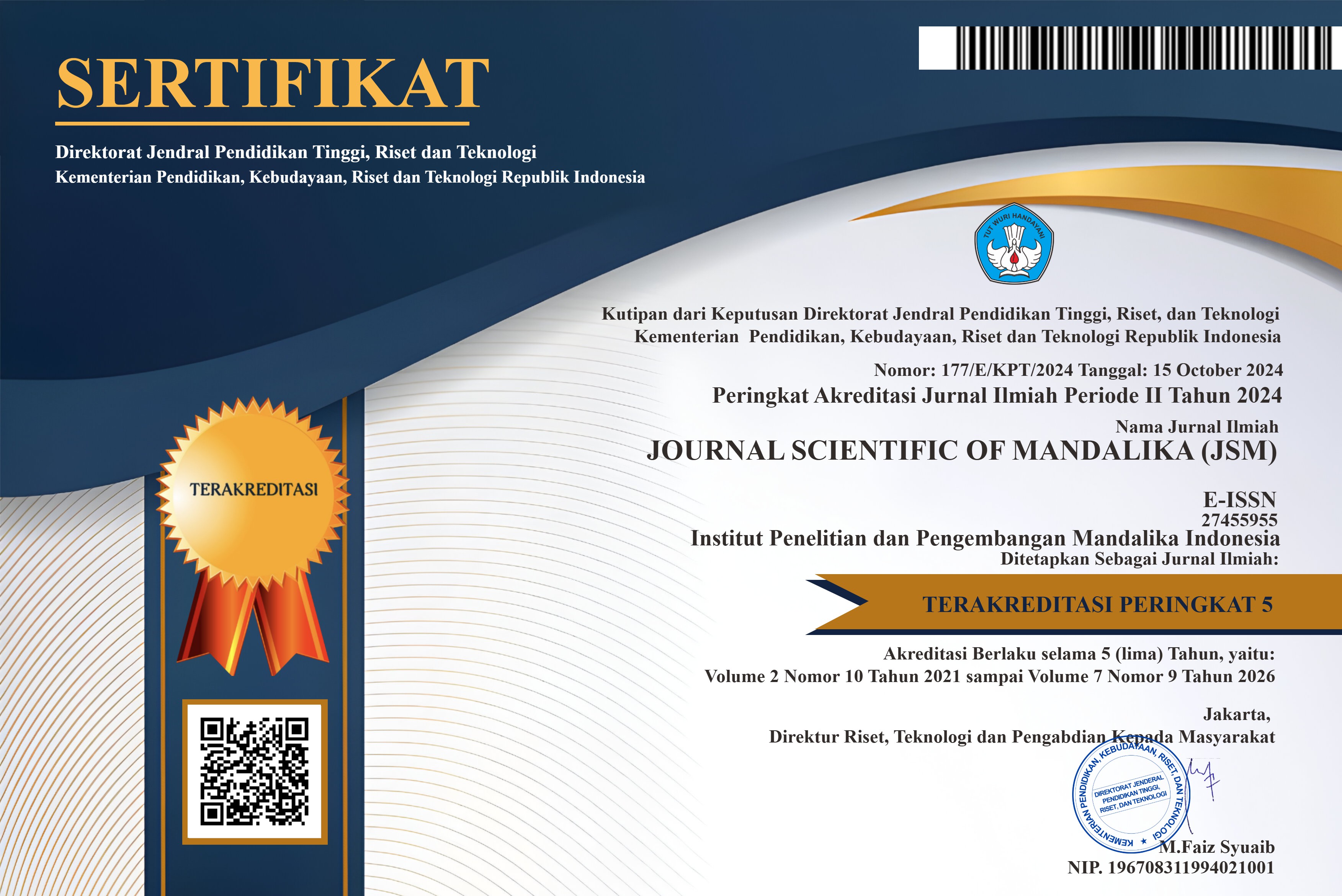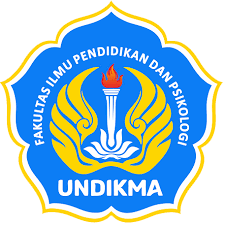Alternatif Penyelesaian Pelanggaran Hak Asasi Manusia di Indonesia
Abstract
The resolution of gross human rights violations in Indonesia is still hampered by the failure of legal institutions to uphold the principle of accountability, which leads to economic injustice, social segregation, and political fragmentation as well as fuels apathy and the tendency to self-settlement. This study analyzes the main obstacles in law enforcement, including differences in interpretation between the Attorney General's Office and Komnas HAM regarding the category of gross human rights violations and the mistaken application of the principle of ne bis in idem which weakens the accountability of perpetrators. In addition, the urgency of compensation for victims is a crucial aspect in the recovery mechanism based on Law Number 26 of 2000 concerning Human Rights Courts and the principle of effective remedy in international law. This study also examines the legal process of the 1984 Tanjung Priok case, starting from the investigation by Komnas HAM to the trial at the Human Rights Court, as well as the implications of the decision on the fulfillment of victims' rights. Although the verdict has been handed down and compensation, restitution, and rehabilitation orders have been given, the implementation of this policy has been hampered by the absence of a clear method of calculating compensation and a weak execution mechanism. Therefore, this study emphasizes the urgency of establishing more effective settlement mechanisms, such as the Presidential Commission, to ensure justice for victims, enforce accountability, and end impunity in the settlement of gross human rights violations in a fair and transparent manner.
Copyright (c) 2025 Jemmy Dedi Rengku

This work is licensed under a Creative Commons Attribution-ShareAlike 4.0 International License.













